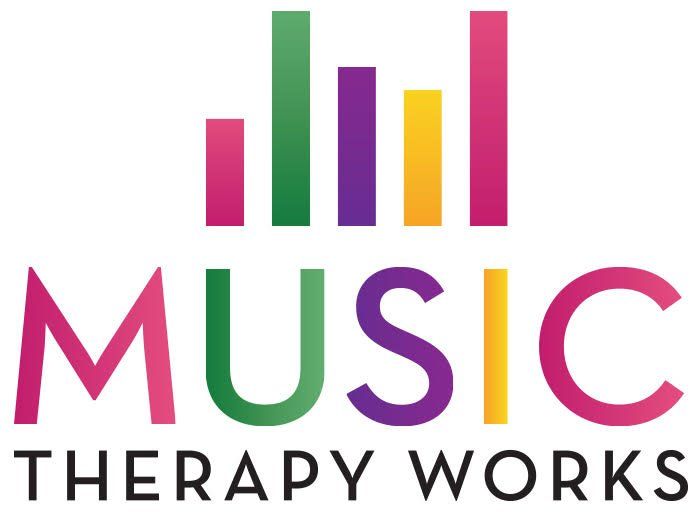Music therapy can support and improve parent/carer-child relations. Through musical play, positive experiences can be created allowing both parent/carer and child to interact in new and engaging ways, leading to strengthened relationships.

The music therapist works with the family to promote:
- Positive attachments
- Harmonious communication skills
- Innovative and adaptive ways of enhancing parent-child
- Connections
- Extended social play skills
- Positive shared experiences
By providing opportunities for bonding and developing attachment between children and their caregivers, music therapy can offer a safe, secure and resourceful environment in which relationships can be developed, improved and explored.
What will happen in a music therapy session?
The music therapist will focus on joint music-making and listening between parent/carer and child with a goal of encouraging and supporting communication, improving relationships and increasing positive experiences through collaborative working. There will be opportunities to sing, play and
listen to live music in a choice of regular or one-off sessions agreed with the parent/carer.
Well-known pieces and pre-recorded music may be used but often free improvisation is a key element. In family music therapy, clients are encouraged to use percussion and other instruments in order to explore the world of sound and experience a different way of communicating with each other (mainly non-verbal). The music therapist supports the family’s sounds through improvising with them.
Musical ability is not relevant as all sounds are incorporated within the music they make together.
The confidence and engagement this engenders means that over time relationships can evolve safely and positively in a new context which encourages emotions to be expressed and obstacles or more challenging issues to be explored within a non-verbal environment. Over time these new ways of relating and shared experiences will carry on beyond the therapy room and into the home.
Therapeutic aims
Music therapy aims to offer the family an opportunity to engage in an intervention that may facilitate, support and engender:
- positive, shared, spontaneous, playful and creative experiences in the carer/parent- child relationship
- increased and augmented awareness of each other
- improved empathic responses towards carers/parents
- increased empowerment of parents/carers to limit behaviours, celebrate positive interactions and
- support parent/carer-child attunement
- a space for the child to understand their emotions through music
- opportunities for the family to share a safe and family-centred environment and strengthen their reciprocal communication skills through turn-taking, imitation, reflection, listening, duets, songs, dance and movement
Examples of outcomes
Using the above aims or others agreed before or during the assessment period, music therapy can create the safest of spaces that can invoke change wherever possible. The following outcomes are taken from a recent music therapy report where an intervention plan was delivered to a post-adoptive family. During music therapy, the child was able to:
- demonstrate enthusiasm and delight in playing music with his carers, deepening the connection and attunement between them all
- sit closer and in parallel to carers than usual especially at the large table drum, creating a sense of togetherness and working towards common goals
- find instruments for carers to play, offering an experience of autonomy and positive choice-making opportunities
- sing improvised songs to include all members of the family, bringing a cohesiveness and turn-taking experience to the dynamic
A post-adoption / foster care music therapy programme has been cited as a key factor in enabling families to remain together. It can allow access to a provision where the processing of difficult and traumatic experiences can be safely explored whilst healthy bonds are further developed within the family.
For further information please contact mtwchiefexec@gmail.com


